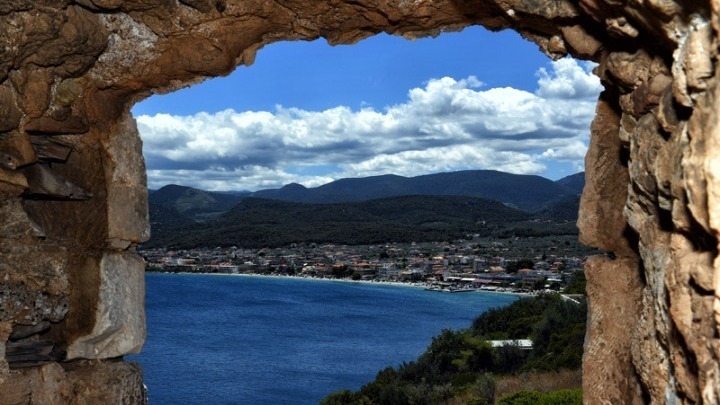The report explores the opportunities and challenges of sustainable tourism in Greece, providing guidelines for the promotion of sustainable practices in the country's tourism industry. Greece has established itself as a premier tourist destination, with a significant contribution to the country's GDP.
Nevertheless, further advancements are required to transition from a ‘do no harm’ approach to a net-positive impact.
By implementing the eight key recommendations identified and presented below, the industry can amplify its
positive impact, engage a wider range of stakeholders, foster economic diversity, and meet the growing demand
for sustainable tourism practices.
8 out of a total of 21 recommendations for a pathway to Sustainable Tourism
A total of 21 recommendations have been categorised into four main areas: diversifying the tourism product offerings, fostering collaboration, and sharing best practices, aligning the tourism strategy with the Pathway to Net Positive Tourism, and monitoring and evaluating Greece's progress towards net positive tourism.
Through a subjective scoring process, eight key recommendations have been identified, placing significant emphasis on diversifying tourism products, seeking collaboration, scaling existing initiatives, and implementing monitoring regimes. Specifically, for each of the main areas, the recommendations are,
First area |diversifying the tourism product offerings
- Responsibly enhancing and promoting biodiversity-rich destinations
- Extending the tourism season in destinations beyond the summer months
- Marketing alternative tourism offerings and expanding beyond the traditional ‘Sun and Beach’ product
Second area | seeking collaboration and disseminating best practices
- Scaling and sharing existing initiatives through the dissemination of best practices, including funding models, to support the development of future initiatives.
- Advocating for environmental education as a means to increase awareness and understanding of ESG issues
Third area | aligning the tourism strategy with the pathway to net
positive tourism
- Promoting and facilitating the adoption of established industry frameworks
Fourth area | monitoring and evaluation of Greece’s pathway to net positive tourism
- Conducting an assessment of the tourism sector's water consumption and its implications on carrying capacity to inform infrastructure planning and management
- Conducting studies to assess the tourism sector's waste reduction efforts in waste management practices and operations
The list of the 21 recommendations also includes conducting research to assess the extent of circular economy integration in the tourism sector's activities and
identifying potential opportunities to further promote circularity in tourism infrastructure and operations; fostering collaboration between public and private stakeholders to facilitate the sharing of best practices and
lessons learned; developing and promoting less visited areas for tourism purposes; promoting and ensuring the adoption of sustainable tourism policies by enhancing transparency in the
implementation and communication of ESG issues; undertaking initiatives to promote the non-politicisation of sustainability by advocating for its adoption as a shared
societal value.















